This post may contain affiliate links which means I will get a commission if you make a purchase at no additional cost to you. As an Amazon Associate I earn from qualifying purchases. Please read my disclosure for details.
In the ever-evolving landscape of food and beverage, local brands often begin with humble roots and loyal followings. These companies build trust through quality, community connection, and regional pride.
But when larger corporations acquire them, the transformation can be swift and dramatic. From recipe overhauls to packaging redesigns, these buyouts have reshaped familiar favorites.
Annie’s Homegrown
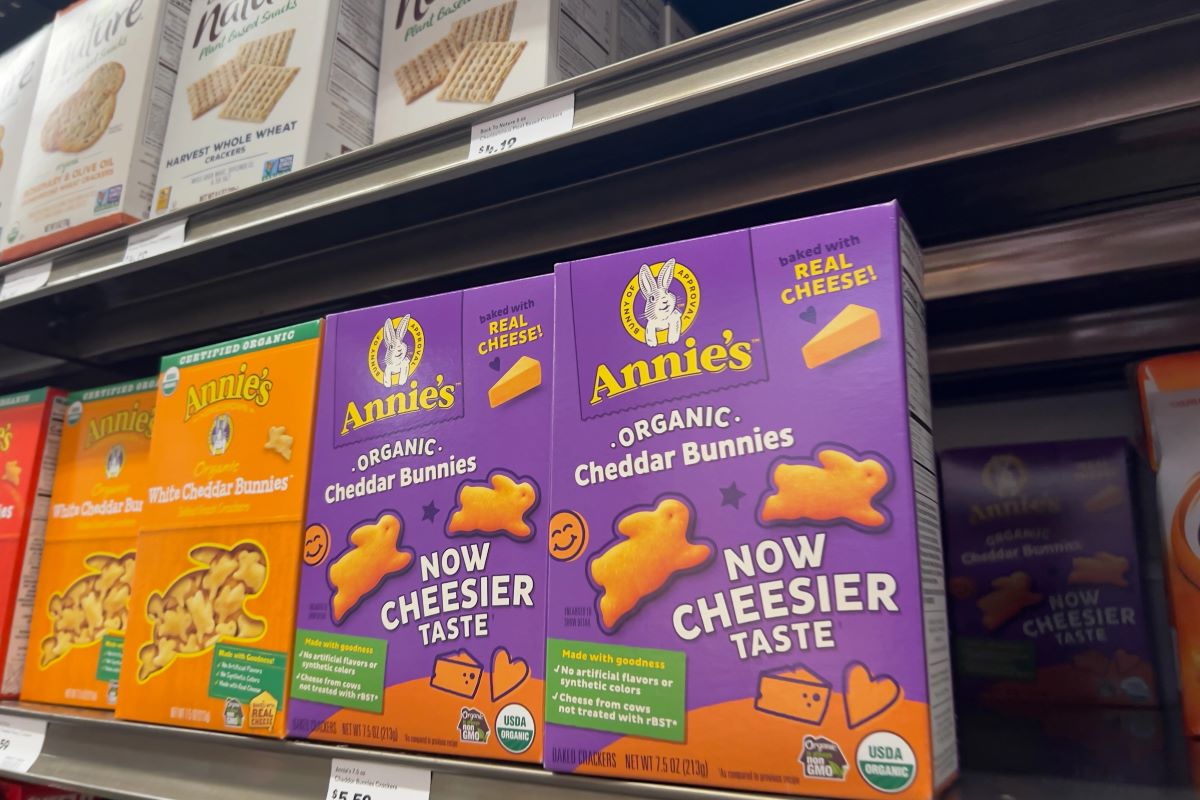
WANT TO SAVE THIS RECIPE?
Founded in 1989, Annie’s built its reputation on organic mac and cheese and bunny shaped snacks. After General Mills acquired it in 2014, the brand expanded into frozen meals and cereals. While still marketed as organic, some fans say the taste and texture have changed.
Burt’s Bees
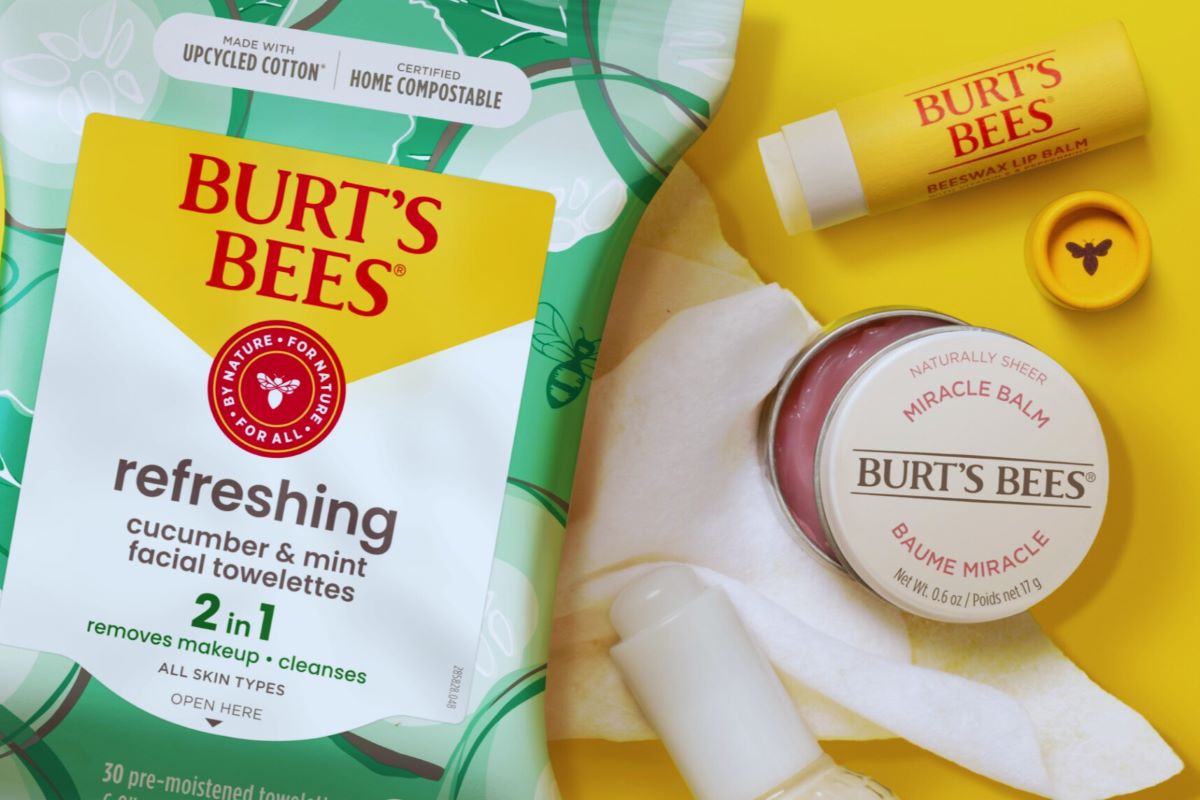
Though not a food brand, Burt’s Bees once sold edible honey and herbal teas. After Clorox acquired it in 2007, the company discontinued its food line and focused solely on personal care. The brand’s natural image remains, but its product range and sourcing have shifted significantly.
Odwalla
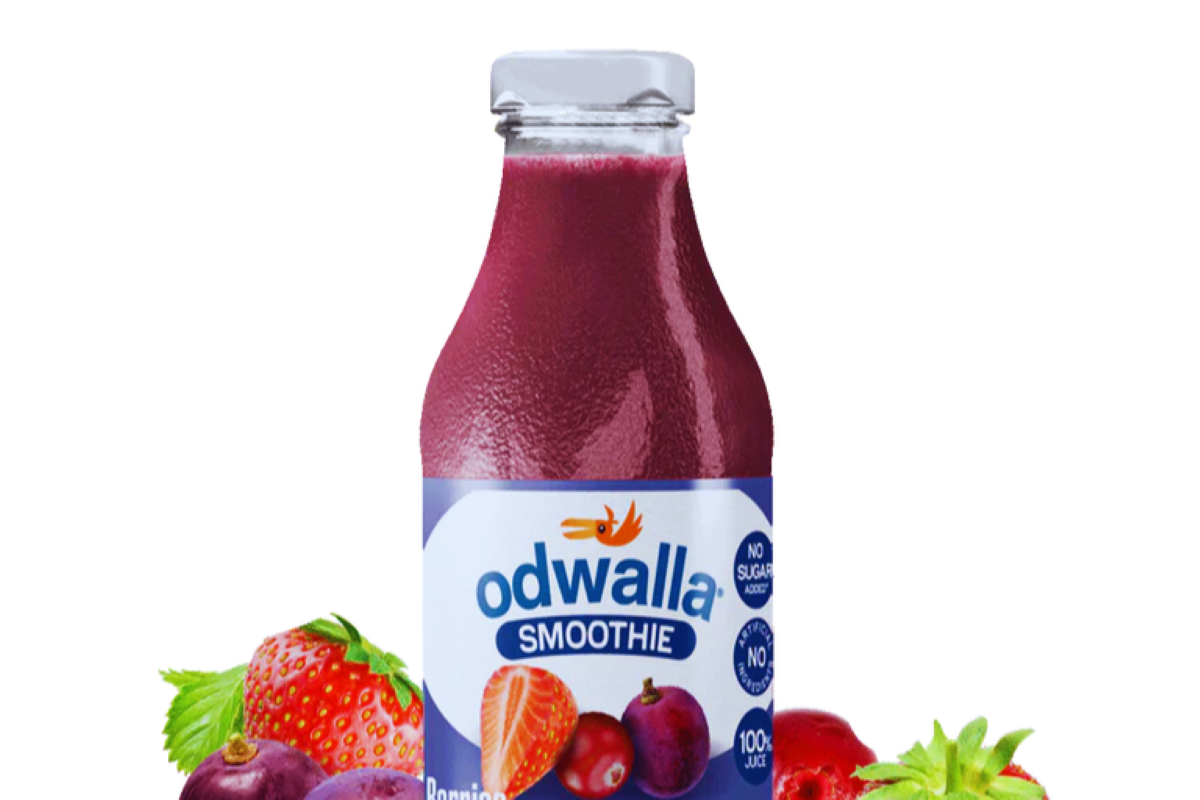
Odwalla began in California in 1980, offering fresh juices and smoothies. Coca Cola acquired it in 2001 and expanded distribution nationwide. However, in 2020, Coca Cola shut down the brand entirely, citing declining sales and shifting consumer preferences.
Stonyfield Farm
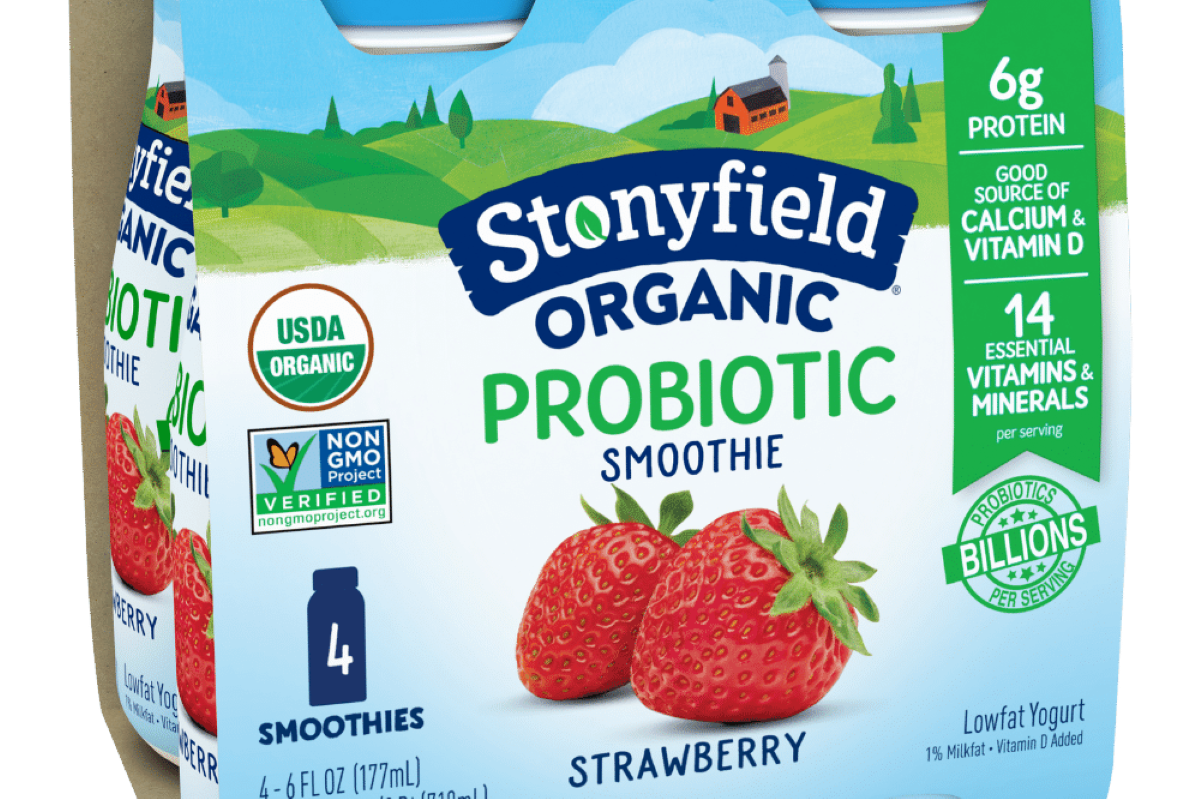
Stonyfield started as a small New Hampshire farm and grew into a leading organic yogurt brand. Danone acquired a majority stake in 2001, and while the brand still promotes sustainability, some longtime customers say the flavor and consistency have changed.
Applegate Farms
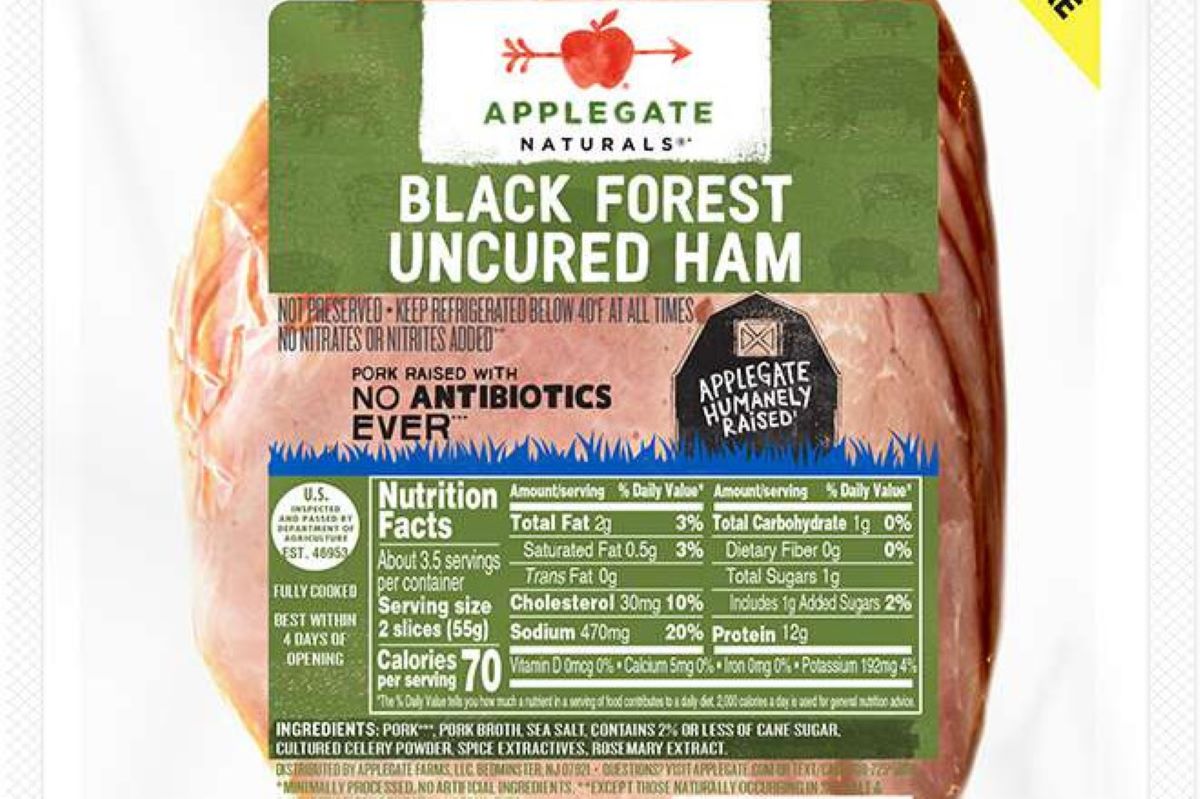
Applegate built its name on antibiotic free meats and ethical sourcing. Hormel Foods acquired it in 2015, promising to maintain its standards. However, critics argue that the brand’s transparency and sourcing practices have become less clear.
Kashi
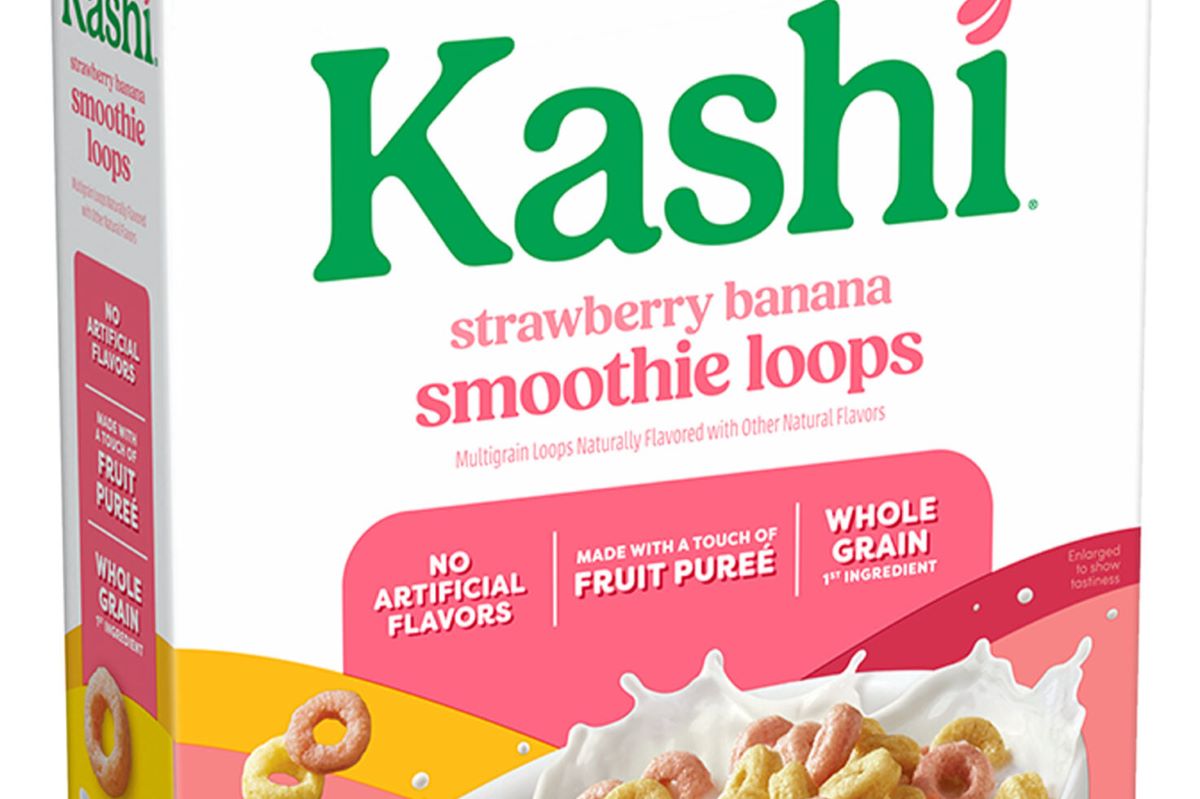
Kashi began in 1984 with a focus on whole grains and plant based nutrition. Kellogg’s bought the brand in 2000, and soon after, reformulated several cereals to appeal to mainstream tastes. The original seven-grain blend was altered, and sugar content increased in some products.
Related Post: 10 Food Expiration Dates You Should Never Ignore
Bolthouse Farms
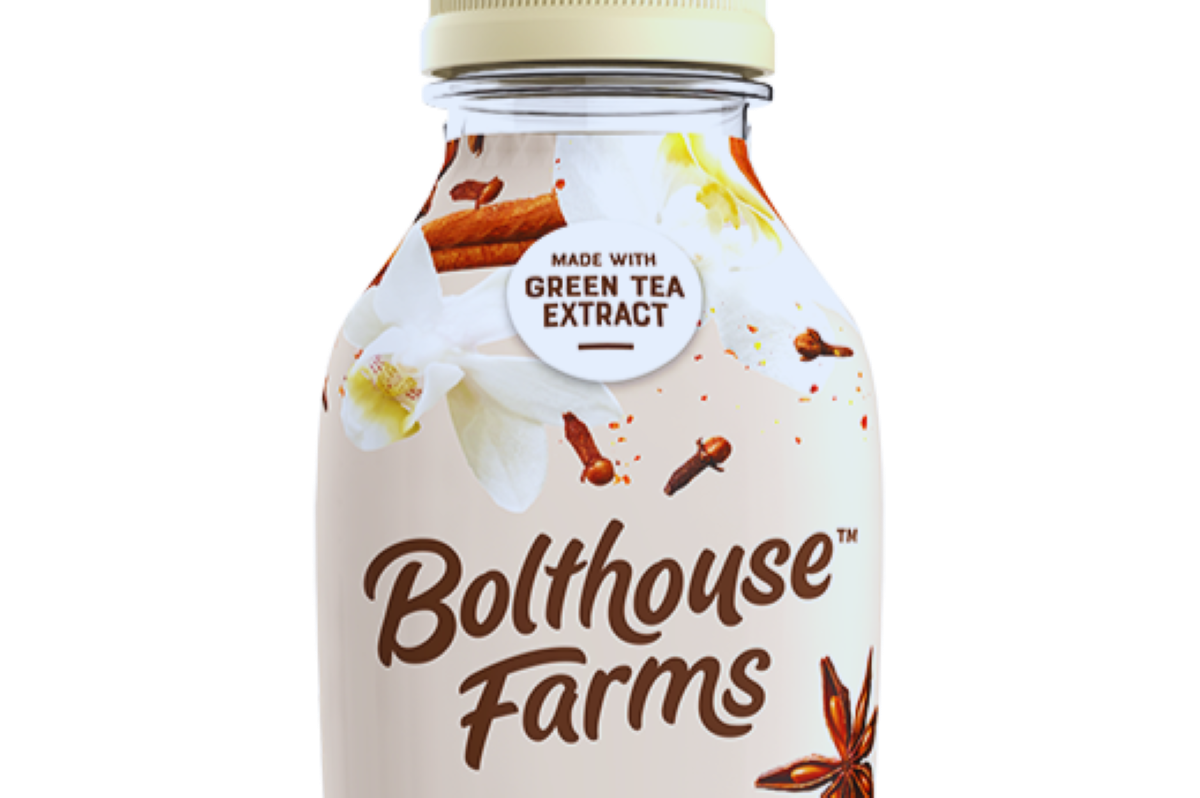
Bolthouse Farms was known for its premium juices and baby carrots. Campbell Soup Company acquired it in 2012, expanding its product line into dressings and smoothies. After declining sales, Campbell sold the brand in 2019, and Bolthouse has since undergone multiple recipe and branding changes.
Related Post: 15 Common Food Myths You’ve Been Believing for Years
Green Giant
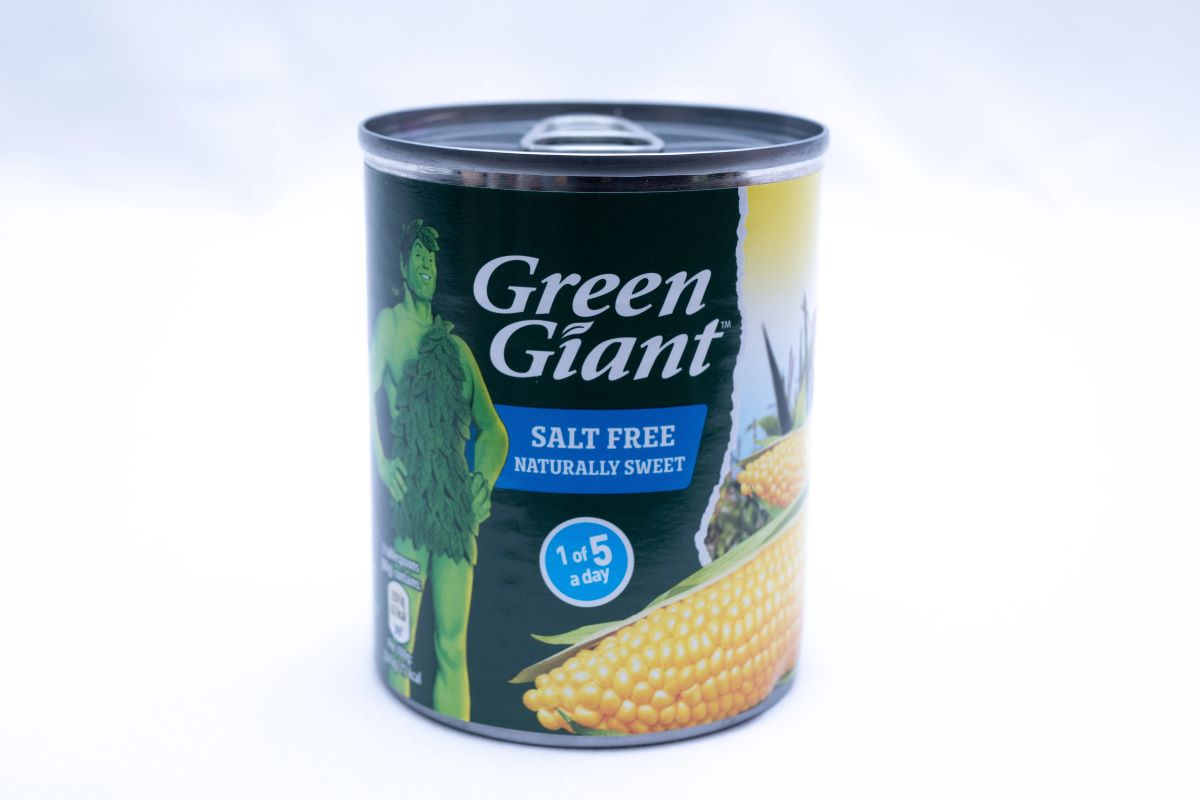
Green Giant started as a Minnesota based vegetable company. After being acquired by B&G Foods in 2015, the brand shifted focus to frozen vegetable blends and microwaveable meals. The original canned vegetables are now less prominent, and new products cater to convenience over freshness.
Related Post: 13 Shocking Food Industry Secrets That Will Change How You Eat Forever
Earthbound Farm
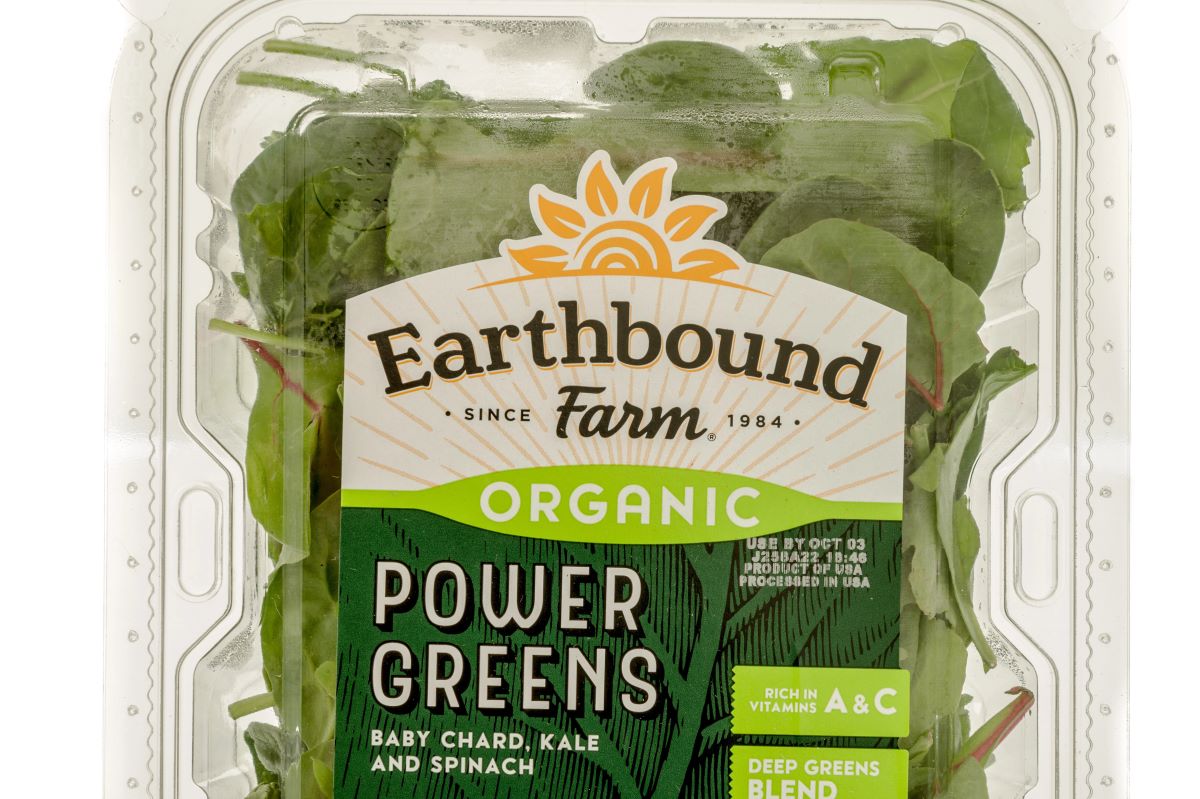
Earthbound Farm was a pioneer in organic salad greens. After being acquired by WhiteWave and later Danone, it was sold to Taylor Farms in 2019. The brand’s packaging and distribution changed, and some consumers report differences in freshness and variety.
Related Post: 13 Shocking Food Industry Secrets That Will Change How You Eat Forever
Naked Juice
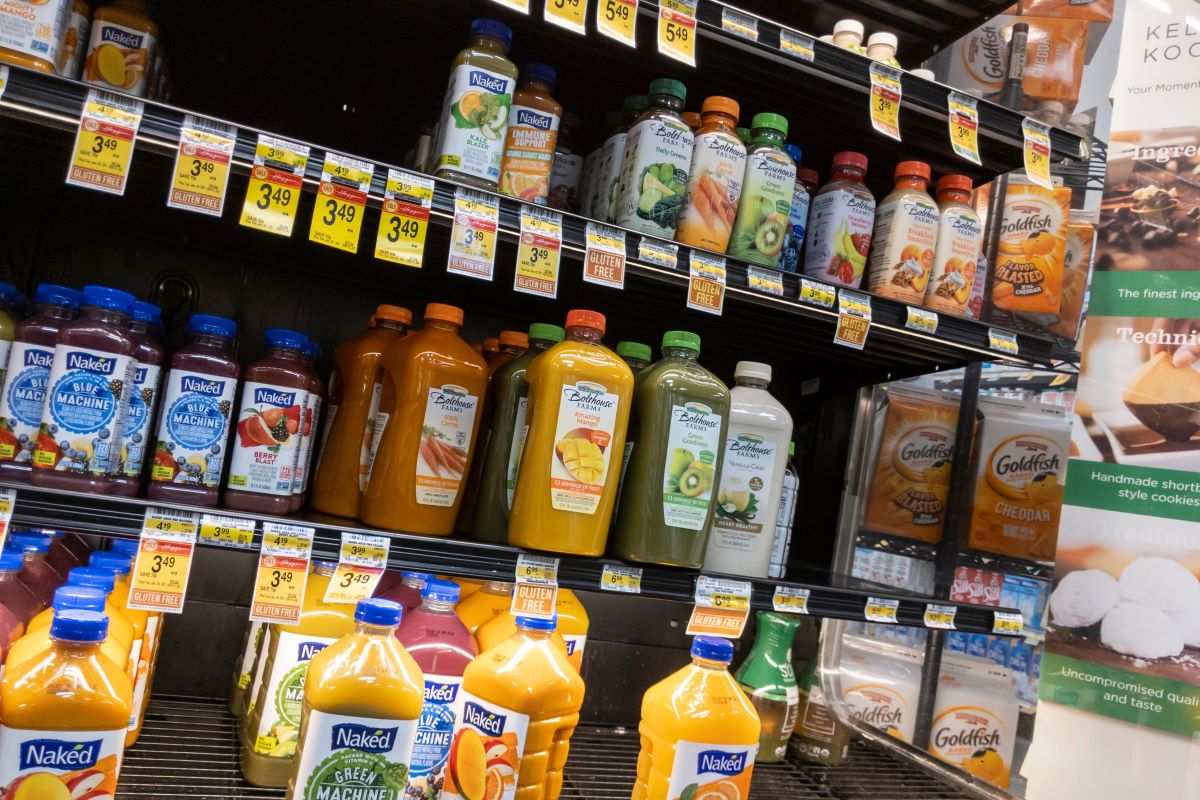
Naked Juice began as a boutique smoothie brand in California. PepsiCo acquired it in 2006 and scaled production nationwide. The ingredient list grew longer, and sugar content increased in several blends.
Related Post: 10 Ingredients That Are Secretly in Your Food but Aren’t on the Label
Gardenburger
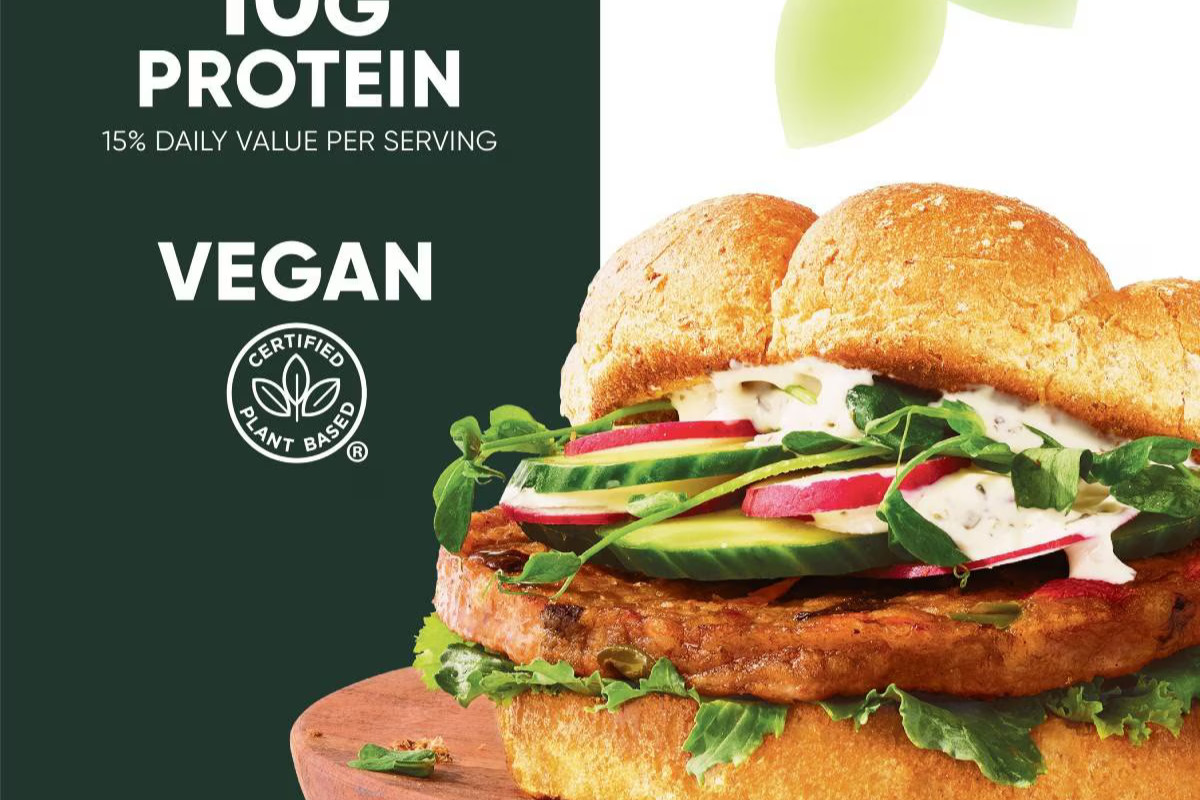
Gardenburger was one of the first veggie burger brands in the U.S. Kellogg’s acquired it in 2007 and rebranded it under MorningStar Farms. The original recipes were altered, and the brand lost its distinct identity.
Related Post: 7 Reasons High-End Restaurants Overcharge You
Sign up now to receive our exclusive e-cookbook filled with top-rated recipes for FREE!
Honest Tea
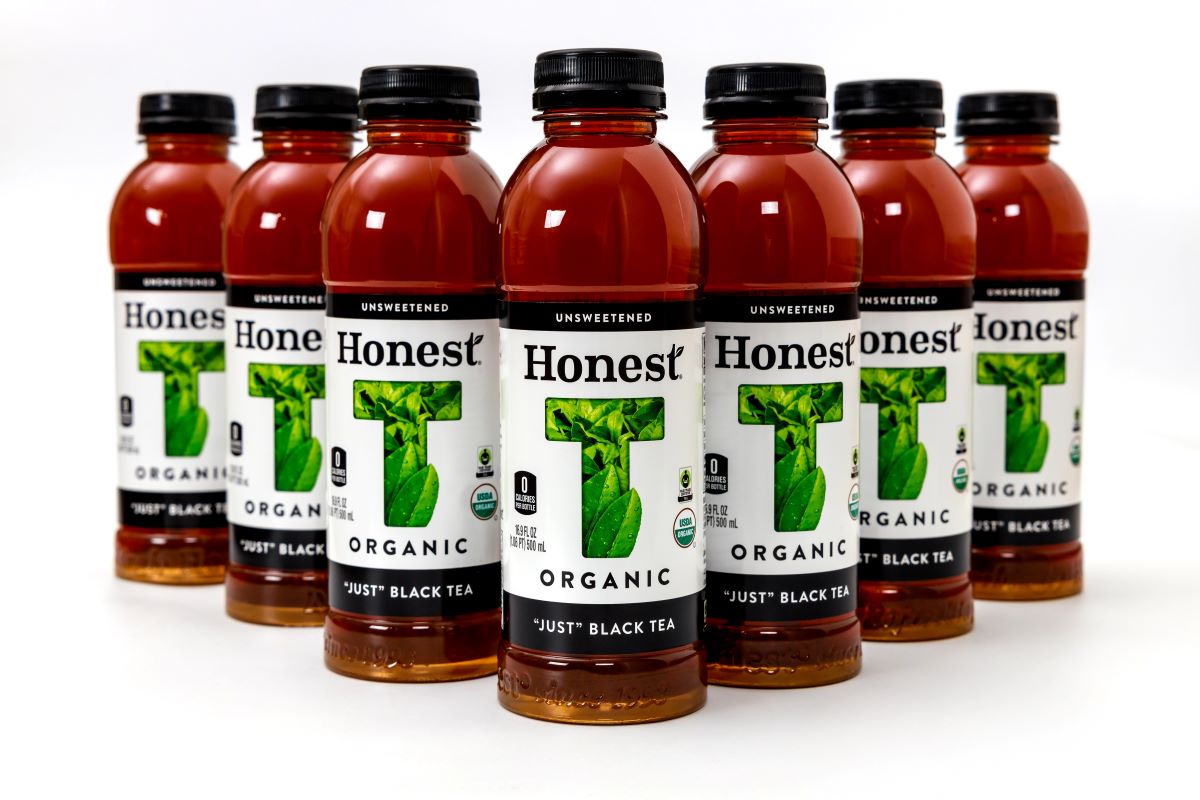
Honest Tea was founded in 1998 with a mission to offer low sugar, organic beverages. Coca Cola acquired it in 2011 and expanded its reach. In 2022, Coca Cola announced it would discontinue the brand, citing supply chain challenges and shifting priorities.
Related Post: 9 Powerful Ways Baby Boomers Shaped Modern Food Industry: From Farm-to-Table to Global Cuisine
Bear Naked
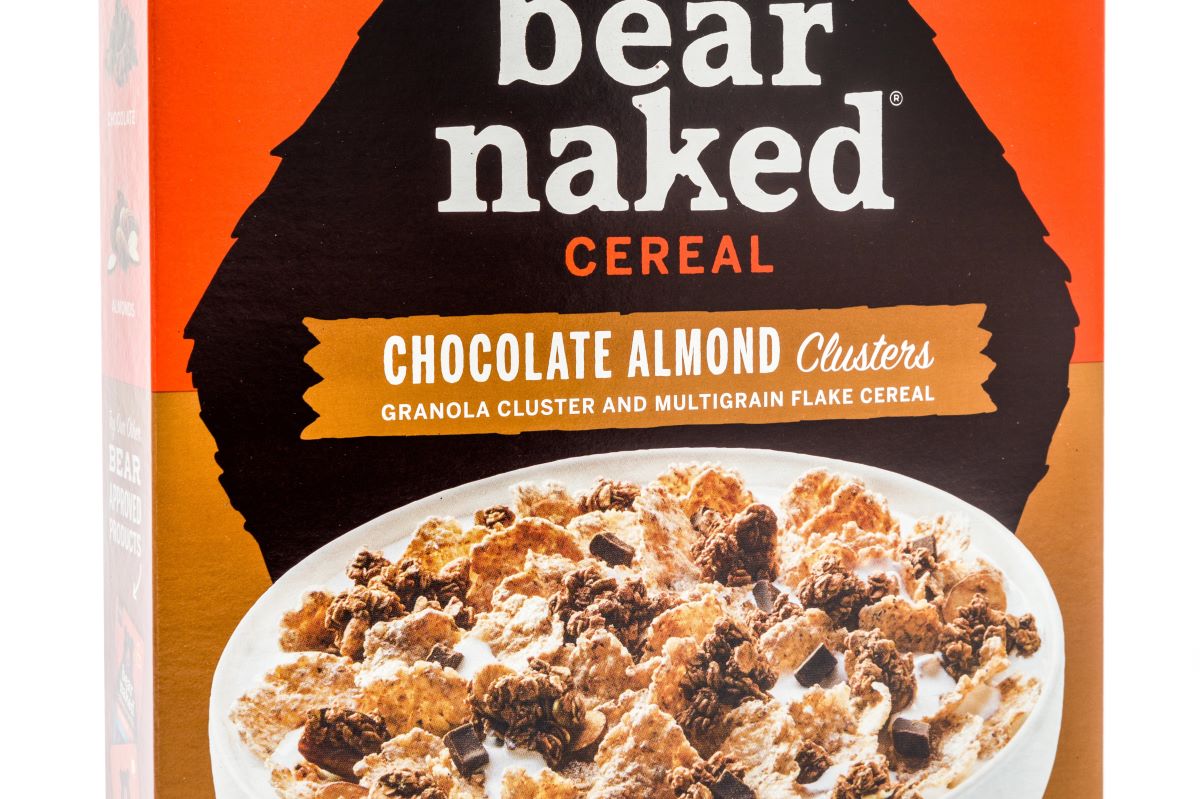
Bear Naked started in 2002 with a focus on natural granola. Kellogg’s acquired it in 2007 and introduced new flavors and packaging. While the brand remains popular, some original fans say the ingredients have changed, and the granola is now sweeter and less hearty.
Related Post: 13 Shocking Fast Food Items That Pack More Sugar Than Your Favorite Candy Bar
These buyouts reveal how corporate ownership can reshape a brand’s identity, ingredients, and values. While some changes bring growth and innovation, others dilute the original mission that made these companies special. For consumers seeking authenticity, it’s a reminder to read labels, ask questions, and support brands that stay true to their roots.
Disclaimer: This list is solely the author’s opinion based on research and publicly available information.
13 Food Brands Every State Fights To Claim As Their Own

Across America, people feel deep pride over the foods they grew up with. Many believe certain iconic brands belong only to their home state, sparking lively debates everywhere.
From crunchy snacks to sweet treats, locals argue passionately about who first made each favorite. It is all part of how food connects us, stirs memories, and makes every state feel unique.
Read it here: 13 Food Brands Every State Fights To Claim As Their Own
How to Save $100+ Every Month at the Grocery Store

From planning your meals to avoiding sneaky upcharges in the snack aisle, here’s a realistic guide to trimming your food budget without adding stress to your week.
Read it here: Things Moms Waste Money On (and Don’t Even Know It)
Is Walmart+ Still Worth It in 2025? The Truth After 3 Years

Is the new Walmart Plus worth the annual fee or is it just another failed version of Amazon Prime? I spent my own money trying this service out for 12 months and counting. I have a lot to say about the benefits and drawbacks in this Walmart+ honest review.
Read it here: Is Walmart+ Worth It? Honest Review 3 Years Later!
You’ll love these related posts:
- 13 Hidden Grocery Stores In California That Are Too Good To Stay Secret
- 8 Everyday Foods Facing Higher Prices Under Trump’s Tariffs
- 15 Sneaky Corporate Tricks That Make You Spend More Without Realizing
- 13 Grocery Stores In California That Should Be In Every State
- 12 Places In NYC Where Tourists Pay Triple For Basic Food And Locals Let Them
